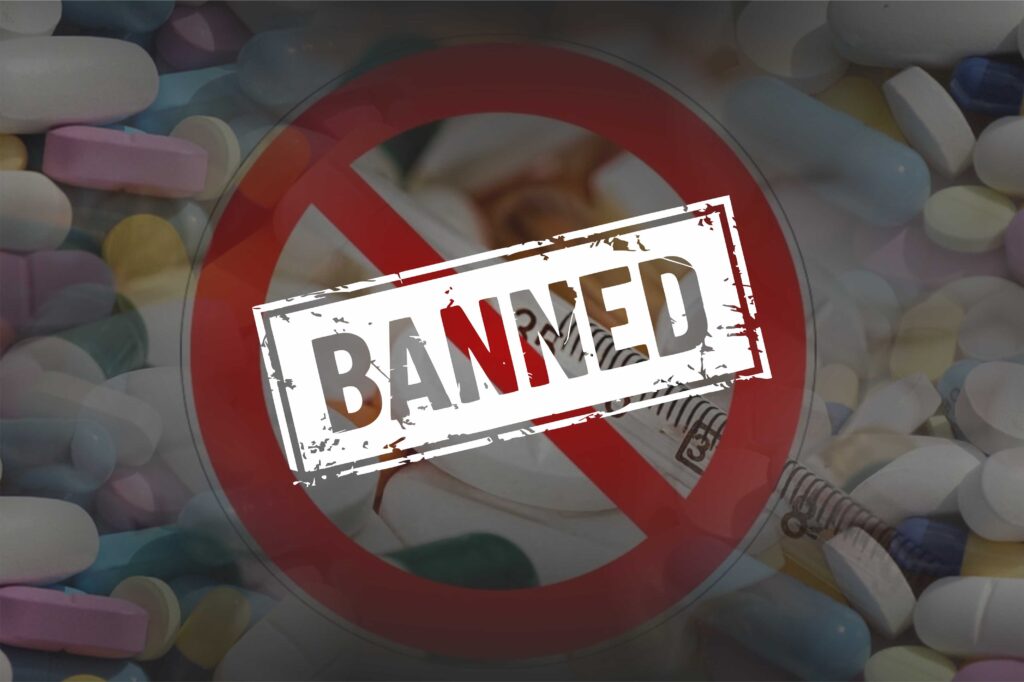
India’s drug regulator, the Central Drugs Standard Control Organisation (CDSCO), has instructed state and Union territory drug regulators to halt the production, sale, and distribution of 35 unapproved fixed-dose combination (FDC) drugs, including painkillers, nutritional supplements, and anti-diabetic medications.
The regulator issued the directions after it found that certain FDC drugs have been licensed for manufacture, sale, and distribution without prior evaluation of safety and efficacy, posing a serious risk to public health and safety.
They have also been asked to review their approval process for such fixed-dose combination drugs (FDC) and ensure strict compliance of the provisions of the Drugs and Cosmetics Act 1940 and rules.
FDC drugs are those which contain a combination of two or more active pharmaceutical ingredients (APIs) in a fixed ratio.
In a communication dated April 11, Dr. Rajeev Raghuvanshi, Drugs Controller General of India (DCGI), referenced a letter issued by his office in January 2013, which raised concerns about the approval process for fixed-dose combination (FDC) drugs. Specifically, the letter highlighted the issuance of manufacturing licenses for FDCs, categorized as “New Drugs,” without the required approval from the DCGI These concerns have been reiterated over time, with several letters sent to state licensing authorities who granted permission for the manufacturing and sale of unapproved FDCs. The most recent of these communications was issued in February of this year.
“It has come to the notice of this directorate that certain FDC drugs have been licensed for manufacture, sale, and distribution without prior evaluation of safety and efficacy as per the provision of NDCT Rules 2019 under the Drugs and Cosmetics Act 1940. This poses a serious risk to public health and safety,” the letter stated.
The approval of such unapproved FDCs compromises patient safety and may lead to adverse drug reactions, drug interactions, and other health hazards due to the absence of scientific validation, the letter underlined.
The letter also listed 35 unapproved FDCs which were earlier licenced by state/ UT drug controllers for manufacture, sale, and distribution without evaluation of safety and efficacy by Central Drugs Standard Organisation (CDSCO) and later on cancelled by Drug Licencing Authorities (SLAs) or voluntarily surrendered by manufacturers following the issuance of show cause notices for reference








